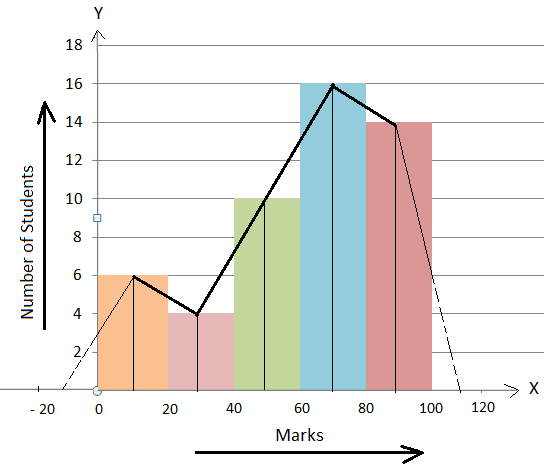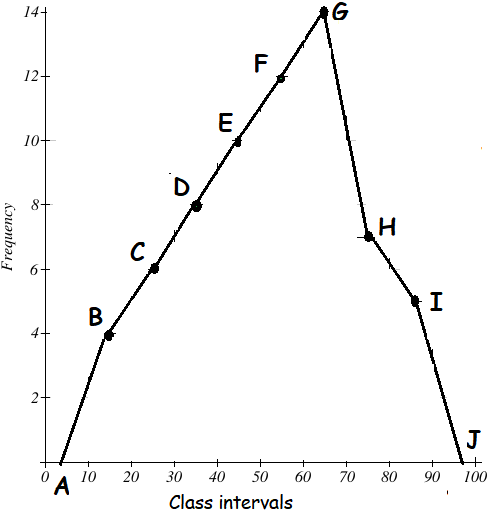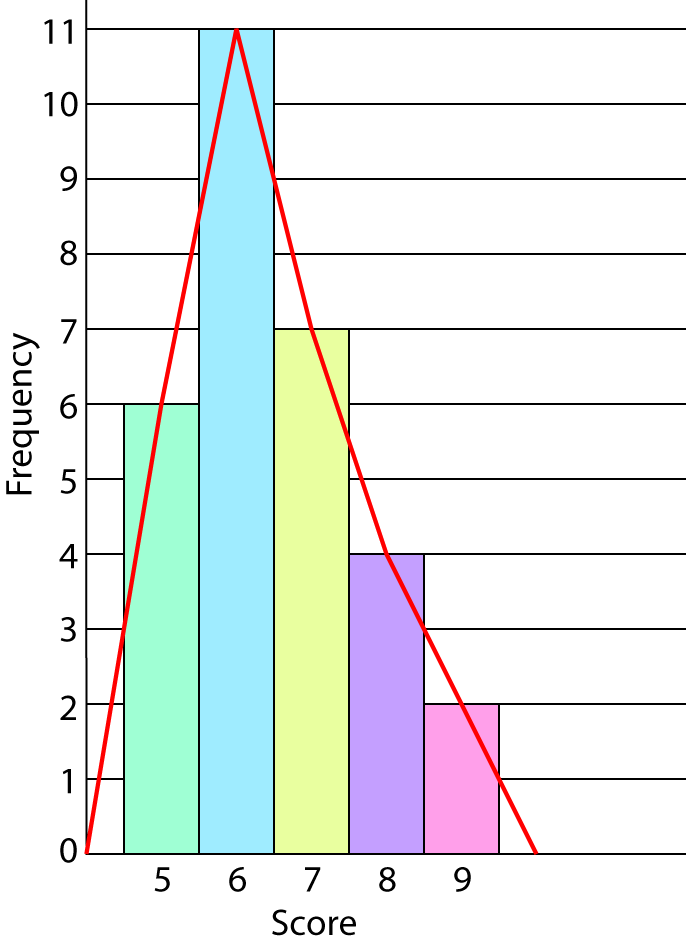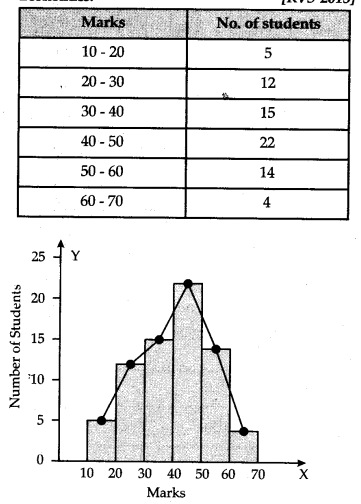Polygon frequency histogram math graph
Table of Contents
Table of Contents
Are you having trouble figuring out how to draw a polygon graph? Look no further! In this article, we will take a dive into the world of polygon graphs and teach you all you need to know about creating them.
Have you ever been in a situation where you had data that needed to be presented visually, but you weren’t sure how? This is where polygon graphs come in. They are a useful tool for visually presenting data, and can make even the most complex data sets easy to understand.
What is a polygon graph?
A polygon graph, also known as a frequency polygon, is a visual display of data. It is created by connecting points on a graph for each corresponding data value. These data values are usually represented on an x-axis, with the frequency of each value represented on a y-axis.
Now that you understand the basics of what a polygon graph is, let’s dive into the steps of how to create one.
Step-by-step guide to create a polygon graph
1. Collect your data and organize it into a frequency distribution table.
 2. Create a graph using the data from the frequency distribution table. The x-axis should represent the data values and the y-axis should represent the frequency of each value.
2. Create a graph using the data from the frequency distribution table. The x-axis should represent the data values and the y-axis should represent the frequency of each value.
 3. Plot each data value on the x-axis and the corresponding frequency on the y-axis.
3. Plot each data value on the x-axis and the corresponding frequency on the y-axis.
 4. Connect the plotted points to create the polygon graph.
4. Connect the plotted points to create the polygon graph.
Tips for creating an effective polygon graph
1. Choose an appropriate scale for the x and y-axis.
2. Label both axes with clear titles and units of measure.
3. Use color and shading to highlight key data or trends.
Question and Answer
Q: Can I create a polygon graph with decimal values?
A: Yes, decimal values can be represented on the x-axis. However, the frequency of decimal values may be more difficult to represent on the y-axis.
Q: What software can I use to create a polygon graph?
A: There are many software options, including Microsoft Excel, Google Sheets, and MATLAB, that can be used to create polygon graphs.
Q: Can a polygon graph be used to display non-numerical data?
A: No, polygon graphs are typically used for displaying numerical data.
Q: Are there any limitations to using polygon graphs?
A: While polygon graphs are a useful tool for visualizing data, they may not be appropriate for all types of data. Additionally, they may be less effective for displaying data with a large number of values or data that has significant variability.
Conclusion of how to draw a polygon graph
Polygon graphs are a powerful tool for data visualization. By following the steps outlined in this article, you can create effective and informative polygon graphs to represent your data. Remember to choose an appropriate scale, label your axes, and use color and shading to highlight key data.
Gallery
Draw A Frequency Polygon Of The Following Distribution Of The Students

Photo Credit by: bing.com / polygon obtaining
7.19 Scatter Diagram And Frequency Polygons Maths Core Skills GCSE

Photo Credit by: bing.com / frequency polygons gcse maths diagram scatter level
Method Of Constructing A Frequency Polygon With The Help Of Histogram

Photo Credit by: bing.com / frequency histogram polygon draw help method table math distribution constructing examples histograms steps following shown
How To Draw Frequency Polygon Without Histogram

Photo Credit by: bing.com / frequency polygon histogram without draw example axis
Frequency Polygon - Math Definitions - Letter F

Photo Credit by: bing.com / polygon frequency histogram math graph






